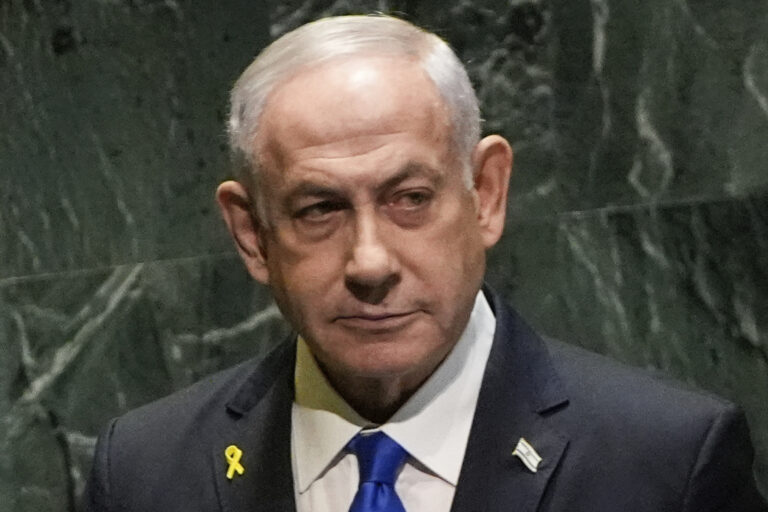 Over the past two days, the likelihood of an attack by the Unites States on Syria has increased dramatically—to the extent that stock markets such as the Hang Seng index in Asia, which fell significantly by 1.6% overnight.
Over the past two days, the likelihood of an attack by the Unites States on Syria has increased dramatically—to the extent that stock markets such as the Hang Seng index in Asia, which fell significantly by 1.6% overnight.
The shekel has decreased against the dollar, so that while just last week the shekel was 3.57 shekels to the dollar, today the shekel hit 3.65 against the dollar.
This means that, for example, if you were buying an apartment and paid the sellers just last week, or had you closed on the purchase this week instead, you would have been left with $10,000 extra in your pocket, based on the fluctuations of the shekel vs. the dollar that took place over the past few days.
This shift, however, where prices are essentially cheaper than they were last week, is most likely only a short term trend. This is not because the shekel will necessarily climb back to previous levels in the near term after the US government takes action in Syria, or even on the extent of how long such military action would take and its effect on the price of oil and the region.
Rather surprisingly, the very fact that Israel is a large exporter (40% of Israel’s gross domestic product is exported globally, including to the USA) which many people mistakenly think will make the economy stronger.
The way it actually works, however, can be bad news for buyers of new construction housing. This is because when a real estate purchase is made in a new development, payments are usually made in several installments over the course of the construction. These payments are linked to what is known as the Madad Tsumot Bniyah, or construction-related inflation index.
When you buy real estate in Israel that is under construction, a clause in the contract will specify that your payments are not the actual amount in the contract; instead, if inflation rates go up, your future payments will rise accordingly. This means that where possible, you should structure your payments to be made in installments, but do the best you can to protect yourself from the downside that wide swings in the madad can create.
Over the course of the next six months to two years, there seems to be little question that the turmoil in Syria and the powder keg known as the Middle East will be significantly felt by the economy. Gasoline prices, for instance, are scheduled to rise significantly tonight across Israel, no doubt in a large part due to the effects of what is taking place on the world stage and the threats against Israel by Syria and Iran.
Therefore, the window of opportunity in which prices are lower is likely to be shorter rather than longer; it gives those ready to buy, or those that have signed but have not yet closed on the deal or finalized their contract terms, to take advantage of this favorable window of opportunity.
The Tel Aviv stock exchange (TASE) dropped significantly over the past several days. Were Chas Veshalom, this turmoil to drag on, it would create significant pressure on businesses, which might lay off some of the workforce; this would create pressure on mortgage repayments, which could force the Bank of Israel (BOI) to act to reduce pressure in the housing market, in all likelihood by making it even more difficult to obtain mortgages in the future.
Chalila, in the event of an attack, closures on the Palestinian-controlled territories would be closed for security reasons; this would mean that labor would be in low supply here in Israel for construction jobs because many of the workers would be unable to get to the job sites, causing labor prices to rise and causing additional delays.
On the flip side, both official and unofficial construction freezes due to the “peace process” would actually be less likely, giving buyers both those in Jerusalem and over the green line an additional boost in making sure that the many projects underway, both in Jerusalem, Givat Ze’ev, Beit Shemesh and elsewhere are able to build and get the properties ready for occupancy as soon as possible for the many eager buyers waiting for their apartments to be ready.
Yitzchak Steinberg is a respected attorney with years of experience specializing in foreign buyers purchasing property in Israel. He is also in charge of the municipal elections taking place in Jerusalem as the appointee of the Degel Hatorah political party. He can be reached at his Jerusalem Office at (02)500-2923 and via email at [email protected]











One Response
Should’nt the chance of war drive prices down because os smaller demand?